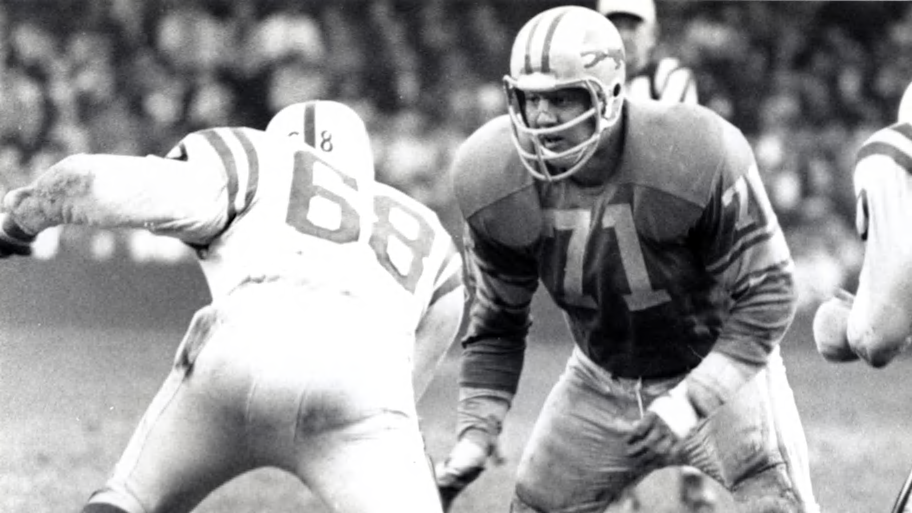
For as long as sports have existed, humans have sought to gamble on them.
"As far back as 4000 to 3000 BC, ancient Egyptians bet on dice, board games, and feats of skill, such as chariot racing and fencing," an excerpt from a 2025 textbook entitled The Business of Sports Betting reads. In early modern Europe as in our own time, betting was big business, and the practice boarded the ships west to the Americas.
On Thursday, a major scandal greeted basketball fans as a federal probe into alleged illegal gambling ensnared Trail Blazers coach Chauncey Billups, Heat guard Terry Rozier, and others. The investigation is a massive one, but it is hardly the first into sports betting in the nation's history.
Here is a look back at five past gambling scandals that captivated fans and changed their respective sports.
1877: The first big one
The Louisville Grays were a charter member of baseball's National League and employed one of the best players of their era—pitcher, first baseman, right fielder and proto-Shohei Ohtani Jim Devlin. Devlin was worth an astonishing 18.3 bWAR in 1876, the fourth-highest total in big-league history. However, a long losing streak in 1877 cast suspicion on several Grays in a gambling-friendly era—Devlin included. In December of that year, damning evidence from telegraph messages led the NL to ban Devlin and three teammates for life. The saga demonstrated that the then-new league meant business, but betting would continue to haunt Major League Baseball...
1919: Eight Men Out
...for almost 50 years. In 1919, the White Sox looked like a potential dynasty in the making, having rebounded from a down 1918 to go 88-52 in the first post-World War I season. Mystery and myth obscure what happened behind the scenes, but Chicago dropped the World Series five games to three against the Reds. The next year, rumors of irregularities snowballed into a grand jury inquest and the suspension of eight White Sox. Each player was acquitted, but Judge Kennesaw Mountain Landis—the holder of an authoritarian new title, "Commissioner of Baseball"—banned the octet from the game for life. Gambling in baseball wouldn't end, but a century would pass before the two institutions walked hand in hand again.
1951: Crime in the city
College basketball has never seen a team quite like the City College of New York team of 1950. CCNY went 17-5 in the regular season before winning seven consecutive games—all over Top 15 teams—to win both the NIT and the NCAA tournament (then not played concurrently). Its roster makeup—almost entirely Black and Jewish—had little precedent in what then was a WASPy sport. In 1951, however, Manhattan center Junius Kellogg reported a proposed bribe to his coach, setting off a chain of events that ended with dozens of arrests in New York and beyond. CCNY, which saw seven players apprehended amid point-shaving allegations, tumbled from the ranks of college basketball's elite; the Beavers went 10-11 in 2025 in Division III. More broadly, the scandal tarnished the credibility of the sport in a New York City beginning to crack down on organized crime—and it was only a matter of time before the professional game would eclipse its popularity there for good.
1963: The NFL's forgotten scandal
Packers halfback, fullback and quarterback Paul Hornung and Lions defensive tackle Alex Karras both enjoy plaques in the Pro Football Hall of Fame today. However, in 1963 they briefly became notorious due to allegations that they associated with organized-crime figures. Commissioner Pete Rozelle suspended Hornung and Karras indefinitely after they admitted to betting on football, and each missed a year of his prime (both gave up their age-28 seasons). Both returned, contrite, and soon the NFL would grow wealthy and corporate enough to keep gamblers away for decades.
1979: Playing for the Mob
In the seven decades between CCNY's era and our own, gambling influences continued to rear their heads in college basketball from time to time—but no modern scandal looms larger than Boston College's. In 1979, several Eagles cooperated with a group of mobsters that included Henry Hill—Ray Liotta's character in Goodfellas—to shave points in nine games in the Eagles' last season as a hoops independent (they'd join the Big East in 1980). The scheme netted the gamblers hundreds of thousands of dollars, and only came to light when Hill began informing on his past associates. The NBA responded by preemptively banning three of the involved Boston College players for life.
More on Sports Illustrated
This article was originally published on www.si.com as Five Past Gambling Scandals That Rocked American Sports.







